2020 has been a turbulent year. Though comparatively small in relevance compared to other fields such as the health care system, sports took a huge hit throughout this hell-stricken year. From the passing of the National Football League’s all-time winningest coach Don Shula, the tragic death of National Basketball Association legend Kobe Bryant, and the complete stoppage of all professional leagues, sports have seen some unfortunate events unfold during the past ten months. However, the sports world is not an isolated land mass far off in the distance, but rather, a very large oak tree implanted on the paradise of an island we call home. The roots of pop culture and politics are intertwined with sports, and this has never been more apparent. On Aug. 23, Jacob Blake, a Black man, was shot seven times in the back by police in Kenosha, Wisconsin. This inundated national outrage, as the country was already over the boiling point after the death of another Black man, George Floyd, who’s name is now linked with fighting the system to create equality. The athletes had had enough.
On Aug. 26, the NBA’s Milwaukee Bucks were slated to face the Orlando Magic in Game 5 of their first round playoff series. However, it was nearing tip-off, and the Magic were on the court by themselves as the Bucks did not appear from the locker room. It was announced the Bucks would not play the game in protest of the Blake shooting. Speculation started to grow that the Bucks would have to forfeit a game. In a true move of unity, the Magic denied the forfeit. Bucks Senior Vice President Alex Lasry tweeted, “Some things are bigger than basketball. The stand taken today by the players and org(anization) shows that we’re fed up. Enough is enough.”
The NBA and the National Basketball Players Association announced all games for the day were postponed. In a meeting that took place later the same night among the players and coaches within the NBA’s COVID-induced bubble to finish out the season, a vote was taken as to whether or not to cancel the season. Only teams, the Los Angeles Lakers and LA Clippers, voted to do so. That movement was unsuccessful, but strikes started to seep to other leagues soon after.
Major League Soccer players staged walkouts that ended up cancelling five of six games that were supposed to be played. The Women’s National Basketball Association postponed all games that day, and the games on the 27th would follow. On the 26th, a game between the Milwaukee Brewers and Cincinnati Reds of Major League Baseball was postponed as well. The two other games scheduled for that day (Seattle Mariners vs. San Diego Padres, Los Angeles Dodgers vs. San Francisco Giants) were also postponed. The next day, all seven MLB games were postponed, with the New York Mets placing a “Black Lives Matter” shirt on home plate at Citi Field.
In a somewhat surprising move, the National Hockey League postponed games on the 27th and 28th that were a part of the Stanley Cup playoffs. The NHL has typically steered away from social issues, and it is rare to see a NHL player kneel during the national anthem, which made this move all the more loud.
Outside the athletes and organizations, there was a lot of disagreement on the boycotts. Some believed it to be a beautiful social movement that should be held in the highest regard. Others believed it was a shameful move that should be frowned upon. Once again, the term “shut up and dribble” was being thrown around social media to deteriorate the boycotts and players’ personal beliefs. However, they’re humans first before players. They have the right to be upset, just as you and I do; the only difference is they have a larger platform to project their grievances. They’re not entertainment slaves. Jump forward to today, where you can see the “Black Lives Matter” slogan to some capacity across every sport, where the National Football League has “It Takes All of Us” and “End Racism” behind every endzone, and where conversations are being had, conversations that will drive change, change to bring about unity and equality.


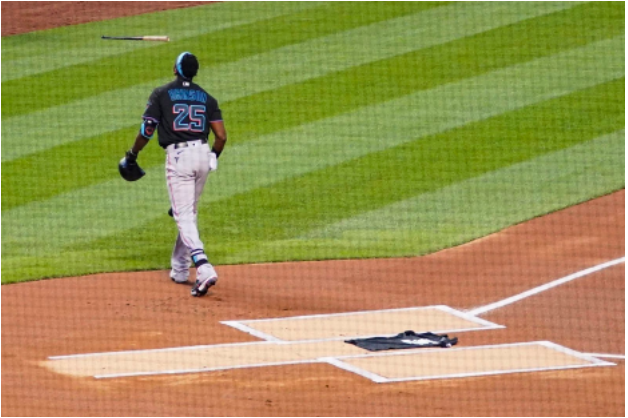




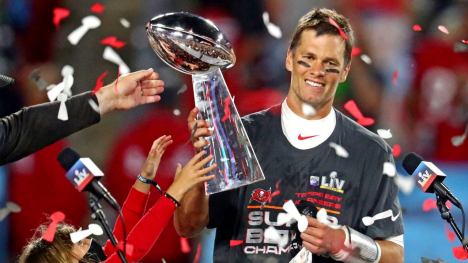

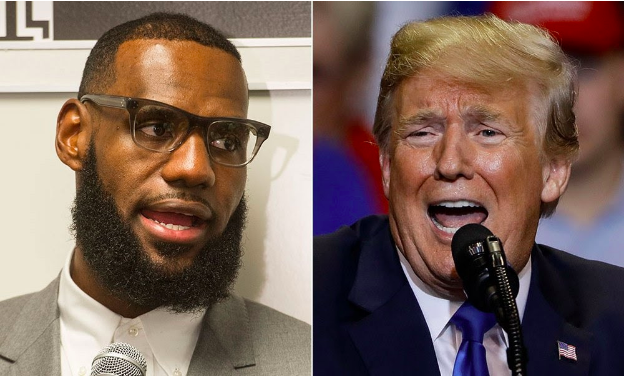
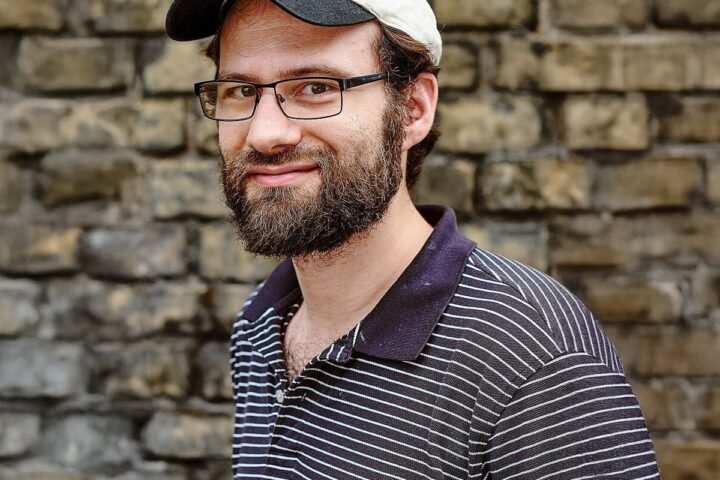
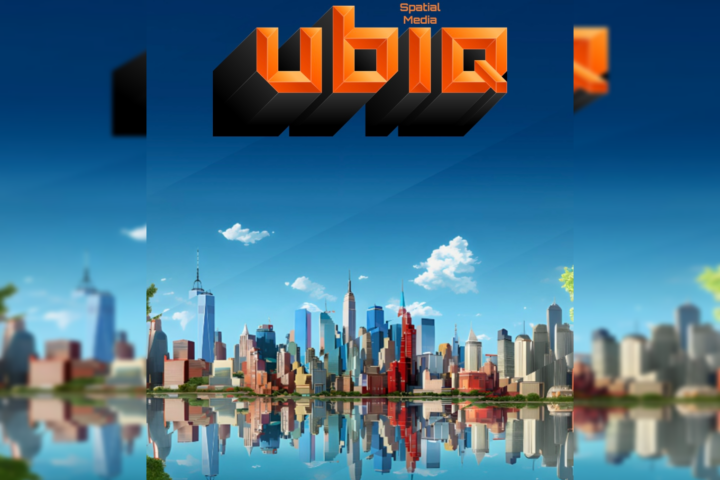
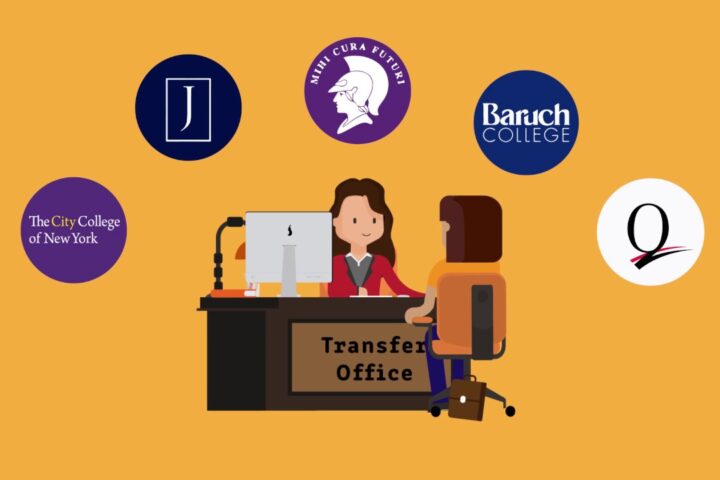

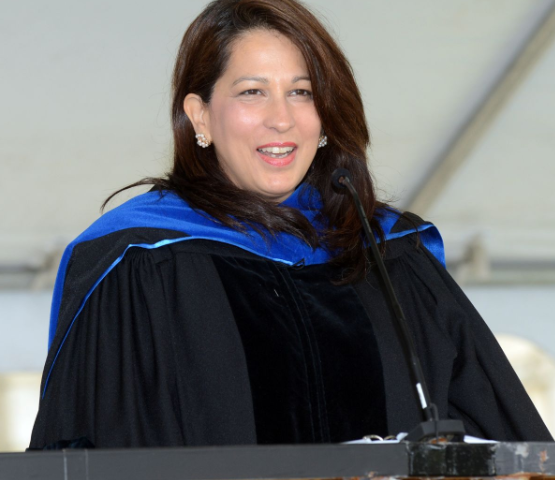
Magnificent website. Lots of useful information here.
I am sending it to a few friends ans also sharing in delicious.
And of course, thank you for your effort!
Great web site. Plenty of useful information here.
I’m sending it to several pals ans additionally sharing in delicious.
And of course, thank you for your sweat!